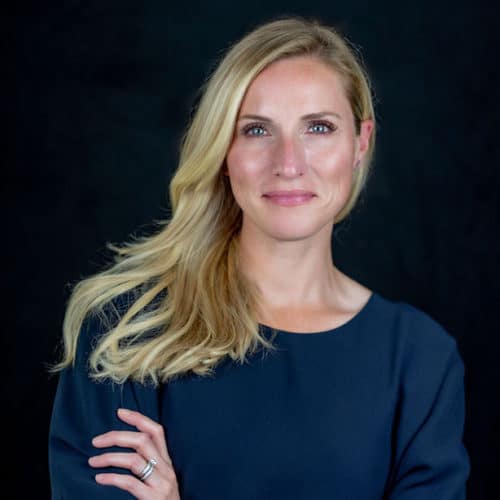Co-occurring Substance Use Disorder
Home / What We Treat /Substance Use Disorder
The Diagnostic and Statistical Manual of Mental Disorders Fifth Edition characterizes substance use disorders in 10 classes that include alcohol; caffeine; cannabis; hallucinogens; inhalants; opioids; sedatives, hypnotics, or anxiolytics; stimulants; tobacco; and other/unknown substances. Substance use disorders involve a pattern of symptoms that results from the continued use of a substance despite the issues it’s causing. It is not uncommon for women with eating disorders to also have a substance use disorder.

Signs and Symptoms of Substance Use Disorder
Substance use disorder is characterized by the excessive and regular use of drugs or alcohol, despite harmful consequences. Individuals may experience a variety of different symptoms, which can include:
- Increased tolerance for drugs or alcohol
- Failure to fulfill significant life obligations
- Difficulties with relationships and increased conflict
- An inability to control or reduce drug or alcohol use
- Increased time seeking drugs or alcohol
- Sacrificing activities to use instead
- Engaging in dangerous behaviors while under the influence of drugs or alcohol
- Experiencing withdrawal symptoms, such as anxiety, sweating, depression, insomnia, tremors, and increased heart rate
How We Treat
At Magnolia Creek, we treat women with co-occurring substance use disorders that are secondary to their eating disorders. We do not provide detoxification, so we ask that the if needed, clients are detoxed prior to admission.
Our co-occurring substance use disorder treatment is comprehensive and strengths based. It incorporates principles of the 12-Step Model, and individuals are required to attend at least three 12-Step meetings per week. This philosophy also includes (up to) three individual sessions a week, approximately four psycho educational groups each day, and weekly meetings with the staff psychiatrist, psychologist, dietitian, and clinical director. We also strive to incorporate elements of spirituality, mindfulness, nutrition, art, movement/exercise, and psychotherapy. Interventions may include pharmacology, when appropriate.
The goals for our co-occurring substance use disorder treatment include:
- Establish abstinence and begin maintaining recovery
- Remove access to illegal and dangerous drugs
- Connect with support networks to encourage ongoing sobriety
- Reduce the risk of relapse by identifying triggers and developing coping skills to manage urges and triggers
- Identify dysregulation and gain skills to emotionally regulate
- Address underlying mental health issues that fuel substance use
- Learn and regularly implement practices of mindfulness (largely adapted from Diane Gehart)
- Attend to and develop relationships (based on the work of Marsha Linehan)
- Recognize anxiety-inducing cognitive distortions
- Learn distraction or self-soothing skills
- Practice assertiveness and appropriate communication skills
- Balance “wants” vs. “needs” (based on work of Marsha Linehan)
- Reduce unhealthy defense mechanisms/reactions and impulsivity
We utilize a variety of evidence-based therapies to treat co-occurring substance use disorder, including:

REVIEWED BY
Kate Fisch, LCSW
Kate Fisch is the AVP of Clinical Operations for Odyssey’s Eating Disorder Network. With 17 years of clinical leadership and direct client care experience in the eating disorders field, she has a history of innovation, clinical training, and resource development in a variety of eating disorder treatment settings supporting families, clients, and clinicians.
If you’d like to learn more about our co-occurring substance use disorder treatment program, our caring staff is ready to help. Call us or fill out the form to get started today.
100% Confidential